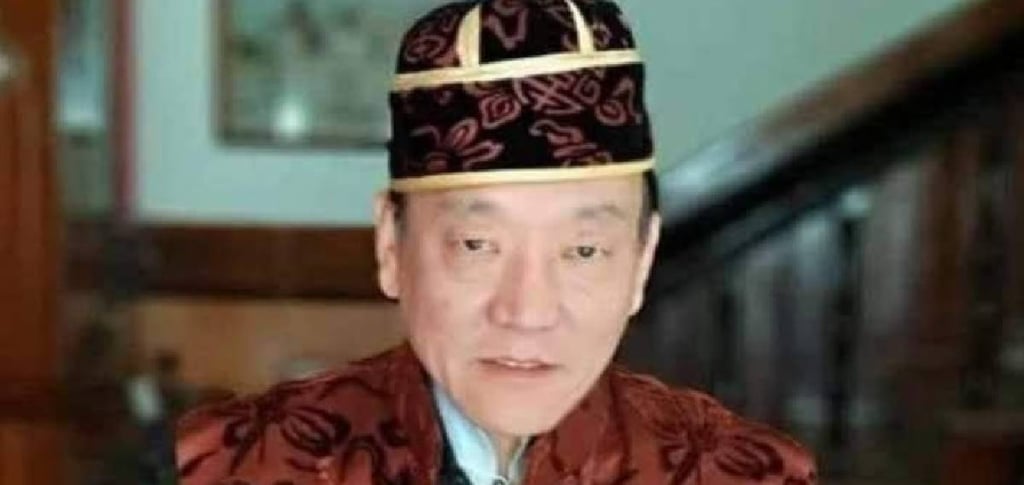Sikkim tribal leader Tseten Tashi demands white paper on state’s growing debt
He added, “It is high time we move beyond glossy economic figures. What looks good on paper must reflect in people’s lives.”
LOCAL


Senior tribal leader and Chief Advisor of BJP Sikkim Unit, Tseten Tashi Bhutia, on June 30 expressed deep concern over Sikkim’s growing debt burden despite the state showing one of the highest per capita incomes in the country. In a press release issued on June 30, Bhutia termed the situation a “fiscal paradox” and questioned the state government’s financial management.
According to official records, Sikkim’s per capita income for 2023–24 stood at ₹7,07,181 — placing the state among the wealthiest on paper. However, Bhutia highlighted that the same state also bears the highest per capita debt in the country, with total debt reaching ₹22,380.62 crore, which is 42.6% of the Gross State Domestic Product (GSDP).
The state’s GSDP for 2024–25 is projected at ₹52,555 crore, marking an 11% growth. But the fiscal deficit, which indicates the shortfall between income and expenditure, is estimated at ₹2,840 crore or 5.4% of GSDP. Bhutia warned that such figures show an increasing reliance on debt, without clear benefits reaching ordinary citizens.
“This contradiction raises serious questions,” Bhutia said . “Where is the money going? Why is there no sense of economic security despite high income figures?”
Tseten Tashi Bhutia raised several concerns regarding the state’s financial management and called for greater transparency from the government. He criticised the growing culture of vote-bank-driven welfare schemes, arguing that excessive focus on freebies is diverting crucial funds away from essential sectors like education, healthcare, and infrastructure. Bhutia also expressed concern over the state’s increasing dependence on lottery revenues, describing it as a risky and morally questionable source of income that cannot sustain long-term development.
Highlighting issues of resource allocation, Bhutia said that while industries such as pharmaceuticals and hydropower significantly contribute to Sikkim’s Gross State Domestic Product (GSDP), they provide minimal employment and direct revenue to the state. He noted that hydropower contributes only about 12% of its earnings to the state exchequer, while agriculture continues to decline due to a persistent shortage of farm labour.
He further said that high GSDP figures are enabling the government to borrow more funds, which are often used for short-term populist measures rather than productive investments. This, he said, is creating a dangerous debt cycle. To address these concerns, Bhutia has demanded that the state government issue a White Paper on Sikkim’s fiscal health. He stressed the public’s right to know the real financial situation behind official statistics. The White Paper, he said, should include full details of the state’s debt and borrowing plans, a clear account of lottery revenues and their societal impact, an evaluation of welfare schemes and subsidies, sector-wise revenue data from key industries, and a roadmap to reduce wasteful spending, curb corruption, and prevent financial leakages.
He added, “It is high time we move beyond glossy economic figures. What looks good on paper must reflect in people’s lives.”
Bhutia ended his message with a strong call to action for civil society, opposition parties, and concerned citizens to join together and demand accountability and a proper financial course correction from the government.
“Sikkim’s future should not be mortgaged to debt, corruption, and short-sighted politics,” he said. “Let us secure our children’s tomorrow by making the right choices today.”
